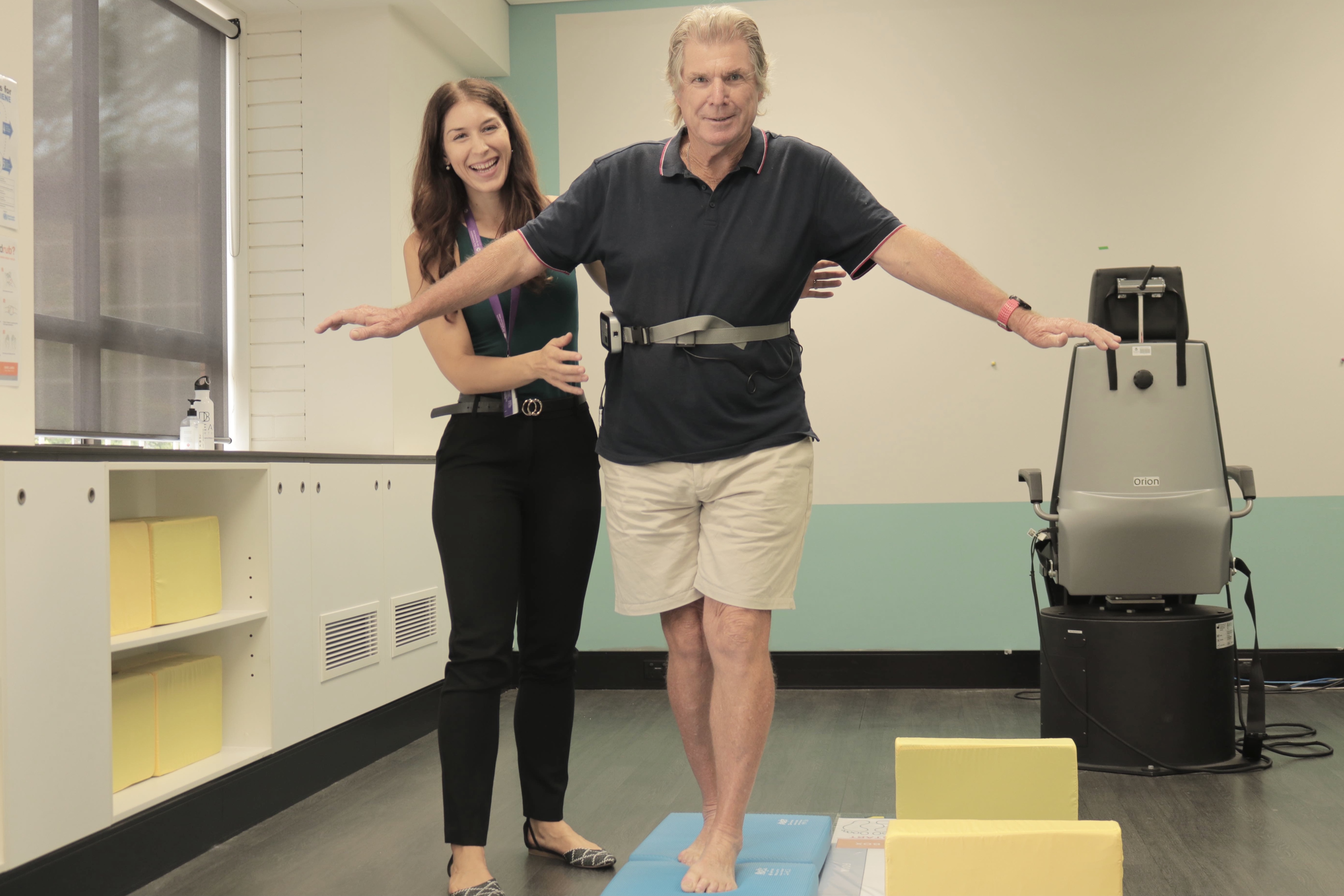The theme this year for World Hearing Day is hearing care for all. Screen. Rehabilitate. Communicate.
In 2020, many Australians experienced loneliness, isolation and other barriers to connecting and communicating with others. Fortunately, in 2021 this experience has eased for many, as restrictions lower, however for those experiencing hearing loss, social isolation doesn’t end with lockdown.
Hearing is essential to verbal communication. Any hearing impairment directly impacts a person’s ability to communicate in every situation. Research evidence has shown that a person’s hearing loss can put pressure on all their social relationships, from loving conversations with those close to them, to quick, spontaneous chats with strangers.
Aside from a loss in social connectedness, hearing loss is also linked to an increased risk of depression and anxiety and to other physical conditions. Researchers report that patients with low-frequency hearing loss should be regarded as ‘at risk’ for cardiovascular events and the link between hearing loss and diabetes is well established.
Hearing loss and balance issues are also associated. The odds of having a fall increase two to three times with mild hearing loss and continue to rise with its severity. Three in five adults aged over 60 have a hearing impairment and every 10 decibel increase in hearing loss puts an individual at greater risk of falling.
I’m working with a team of researchers at UQ investigating if a device can improve balance and stability in older adults with hearing loss. Participants wear the device while practising six balance training exercises for 30 minutes each day for 10 days. We are currently seeking volunteers aged 60 years or more, able to walk independently, and who have a hearing loss to participate.

The risks associated with hearing loss can affect anyone and hearing damage is a threat to people of all ages. People aged 12-35 are at high risk of hearing loss due to noise exposure in recreational settings, including heavy headphone use.
The interpersonal nature of hearing and communication means that hearing loss is much more than a sensory impairment. Good hearing brings depth and richness to our lives and that should be reflected in our personal health routines. Many Australians have annual dental and vision checks yet most do not include a hearing check as part of these annual health checks.
The experiences we have all had recently, from communicating with facemasks through to social isolation from friends and family highlights the importance of not neglecting our hearing health. It’s time to encourage young and old to make regular hearing checks the norm.

